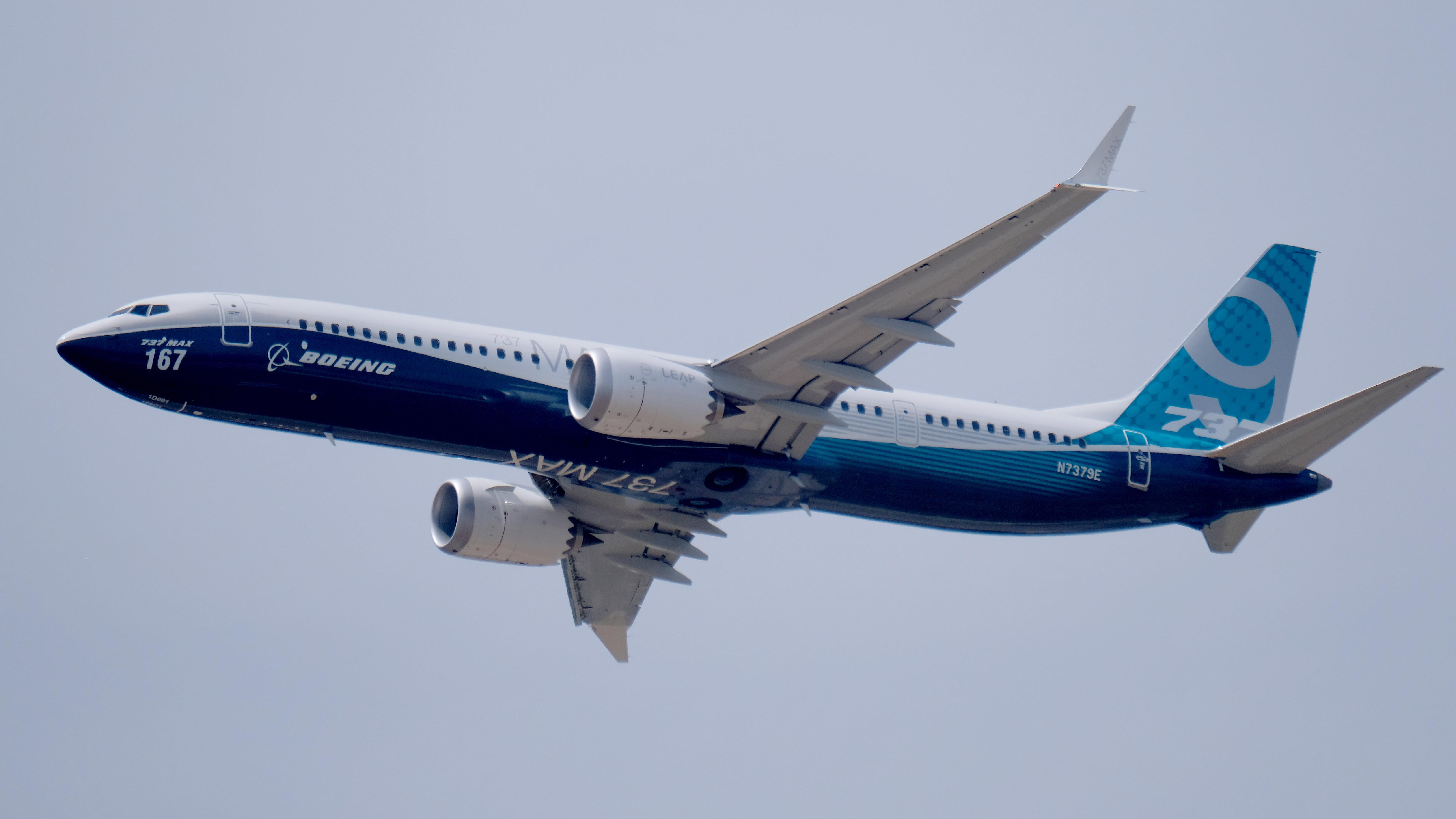FAA Orders Inspections For Over 2,600 Boeing 737 Planes Due To Faulty Oxygen Masks
The plane's oxygen generators can shift out of place and become non-functional during an emergency
The Federal Aviation Administration announced on Monday that it is requiring airlines to inspect over 2,600 Boeing 737 planes due to issues with the aircraft's oxygen masks. The agency received multiple reports of the passenger supply unit (PSU) oxygen generators shifting out of place. If an impacted 737 suffered an unexpected depressurization, the generators wouldn't supply oxygen to the masks.
Airlines will conduct visual inspections of the oxygen generators on their Boeing 737 Next Generation and Max planes to ensure that they are properly secured, Reuters reports. A typical 737 has 61 generators, and the PSU assembly is held in place by two retention straps. Boeing discovered the fault was caused by the strap's pressure-sensitive adhesive failing. The current adhesive was introduced in 2019 and the manufacturer is now returning to the original specification.
This FAA airworthiness directive came just a day after Boeing accepted a plea deal from the Department of Justice for defrauding the FAA. The manufacturer misled federal regulators about the 737 Max's MCAS flight control feature and the training needed to fly the aircraft equipped with the system. The same system was blamed for the plane's two crashes, which killed 346 people.
Boeing initially settled with the government in 2021 and was shielded from prosecution for the next three years if it held to the deal's terms, including implementing compliance and safety programs. The DOJ deemed Boeing violated the agreement when quality control problems came to light when a door plug blew out on an Alaska Airlines Boeing 737 Max.
Notably, the Alaska Airlines flight underwent rapid decompression when the panel flew loose, and the oxygen mask appropriately dropped from the ceiling. The mask functioned properly, but the incident could have been far worse if any of the generators failed and passengers didn't have access to oxygen at altitude.
